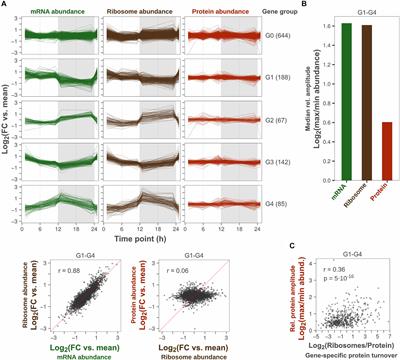EDITORIAL
Published on 13 Jul 2021
Editorial: Exploring the Growing Role of Cyanobacteria in Industrial Biotechnology and Sustainability
doi 10.3389/fmicb.2021.725128
- 3,422 views
- 6 citations
11k
Total downloads
54k
Total views and downloads
You will be redirected to our submission process.
EDITORIAL
Published on 13 Jul 2021
ORIGINAL RESEARCH
Published on 13 May 2021

ORIGINAL RESEARCH
Published on 14 Apr 2021

ORIGINAL RESEARCH
Published on 15 Jan 2021

ORIGINAL RESEARCH
Published on 06 Nov 2020

ORIGINAL RESEARCH
Published on 29 Sep 2020

ORIGINAL RESEARCH
Published on 14 Jul 2020

ORIGINAL RESEARCH
Published on 09 Jul 2020

ORIGINAL RESEARCH
Published on 25 Jun 2020

REVIEW
Published on 17 Apr 2020

